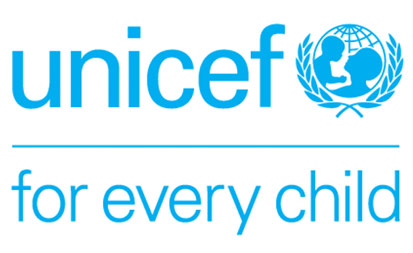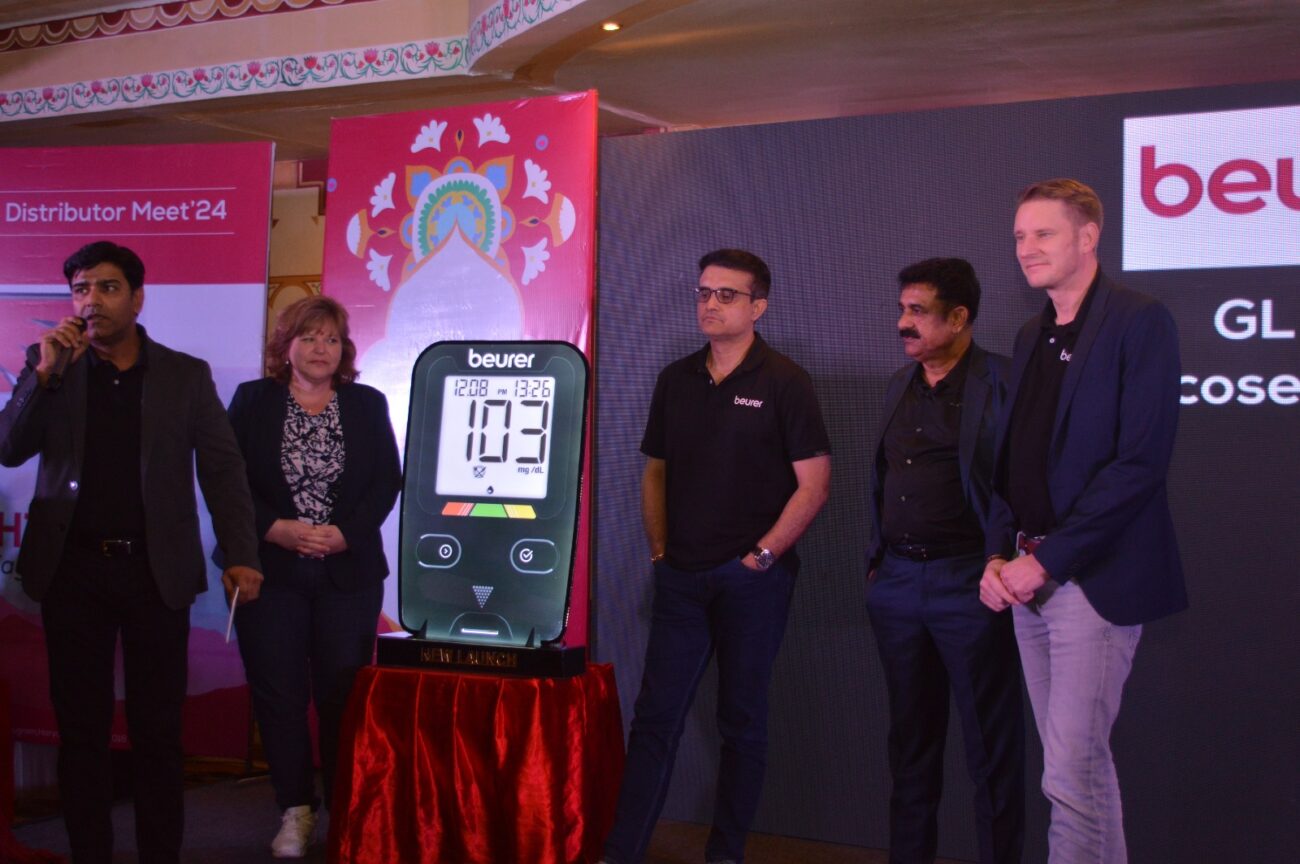Business, government, multilateral agency and UN leaders commit to connecting children and young people to the internet by 2030
As half the world’s population remain unconnected, a virtual ‘Generation Unlimited’ event calls for urgent action and investment to bridge the digital divide and scale-up digital learning and skilling opportunities Government leaders, business executives and heads

As half the world’s population remain unconnected, a virtual ‘Generation Unlimited’ event calls for urgent action and investment to bridge the digital divide and scale-up digital learning and skilling opportunities
Government leaders, business executives and heads of United Nations organizations and multilateral agencies renewed their commitment today to connect every school and community to the internet by 2030.
At a high-level virtual meeting, Generation Unlimited: Connecting Half the World to Opportunities, they pledged to also reach 3.5 billion children and young people with quality education, including world-class digital solutions, distance learning and relevant skilling.
Participants included United Nations Secretary-General Antonio Guterres; President of the Republic of Rwanda Paul Kagame; President of the Republic of Kenya and UN Global Champion for the Young People’s Agenda Uhuru Kenyatta; President of Trinidad & Tobago Paula Mae-Weekes; UNICEF Executive Director Henrietta Fore; UN Special Envoy for Global Education Gordon Brown; President of the World BankDavid Malpass; CEO of UNILEVER Alan Jope, IMF Managing Director Kristalina Georgieva, President of Microsoft Brad Smith; United Nations Secretary-General’s Envoy on Youth Jayathma Wickramanayake. They called for urgent action, solutions and investment to improve learning and employment prospects for young people.
“Putting resources into digital learning and training for young people is an essential investment in building social cohesion, and in reducing the unsustainable inequalities that are blocking human development and economic growth,” United Nations Secretary-General Antonio Guterres said in his address to participants. “But these investments cannot be top-down. Young people themselves must be at the forefront, with decision-making power, bringing their creativity, energy and problem-solving skills to the world’s greatest challenges.”
According to the latest available data from UNESCO, some 1 billion students and youth across the planet are affected by school and university closures due to the COVID-19 outbreak. A recent UNICEF report highlighted that at least 1 in 3 schoolchildren globally was unable to access remote learning when their schools closed, exposing the lack of access to digital technology.
“Even before the pandemic, millions of children and young people were missing out on quality education and training opportunities because they didn’t have access to the internet. Now COVID-19 has made the situation much worse,” said UNICEF Executive Director Henrietta Fore. “We have a once in a generation opportunity to bridge the digital divide and make internet access a reality for every child and young person, and in every school and community.”
Using current trends, there will be 3.5 billion children and youth below the age of 25 by 2030, each looking to gain the digital, entrepreneurial and job-specific skills they need to thrive in the Fourth Industrial Revolution. Currently, both the quality and level of access to education and skills training – particularly for the most vulnerable young people, including girls and children with disabilities – are limited and inadequate for a population rightly demanding access to learning, anywhere and anytime.
Founded in September 2018, Generation Unlimited (GenU) aims to transform education, employment and entrepreneurial outcomes for young people around the world by bringing together stakeholders from the private sector, government, UN agencies, civil society and young people to scale up solutions and attract investment.
INDIA
The current COVID-19 context has revealed the digital divide in India. There are stark differences between urban and rural, women and men, and rich and poor. It is estimated that only 8% of all households with members aged between five and 24 have both a computer and an internet connection.
Approximately 286 million children (49% girls) currently enrolled from pre-primary to secondary classes are impacted by COVID-19 related school closures. From various rapid assessments undertaken by UNICEF in India over the past couple of months, we see a significant number of children are not able to study/learn while schools are closed. Vulnerable groups comprising of girls, children with disability, migrant children and children from disadvantaged communities are unable to access resources even in well-resourced areas, due to the sociological barriers (children considered not deserving or capable of using technology or involved in domestic responsibilities).
UNICEF India is supporting state governments and partners in continuation of learning and has reached over 37 million children (51% girls) in 17 states with a target to reach 60 million by December 2020, through development of educational lessons for broadcasting through TV, radio and other digital mediums; multiple pathways and outreach strategies to improve access and use of learning materials by students, with support from parents, academic coordinators, volunteers and partners.
UNICEF India supports use of technology in education for better learning outcomes – and that technology is used as a tool and not as the solution. The quality of ICT usage rather than the number of options will determine the contribution that these technologies make to student outcomes.
UNICEF and YuWaah (Generation Unlimited India) launched a national platform UNiLearn for learning, sharing and conducting virtual classrooms and webinars. The platform hosts dynamic self-learning content from different states related to subjects and life skills, 21st-century skills, vocational skills for children, young people, teachers, administrators to learn at their own pace.
Digital courses are being developed inhouse and also being sourced from partners like Tata Institute of Social Sciences, Pratham Education Foundation, Wadhwani Foundation, Aflatoun International and others.
Further, UNICEF and YuWaah have initiated the development of a chatbot-based learning tool built on U-Report, giving young people access to learning resources through WhatsApp, Facebook messenger and other supported platforms. Career guidance portals have been launched in nine states to provide support to secondary school children and those who are out of school in making educational and career choices, reaching 15.4 million students.
For further information, please contact:
Alka Gupta / agupta@unicef.org / 7303259183
Sonia Sarkar / ssarkar@unicef.org / 9891861445
Dhruv Arora/darora@yuwaah.org
The event was moderated byWorld Economic Forum President BørgeBrende and participants included:
- Mr. António Guterres, Secretary-General, United Nations & Co-Chair, Generation Unlimited Leaders
- H.E.Mr. Paul Kagame, President, Republic of Rwanda & Co-Chair, Generation Unlimited Leaders
- H.E.Ms. Paula Mae-Weekes, President, Republic of Trinidad & Tobago & Co-Chair, Generation Unlimited Leaders
- H.E.Mr. Uhuru Kenyatta, President, Republic of Kenya and UN Global Champion for the Young People’s Agenda
- Mr. Gordon Brown, UN Special Envoy for Global Education
- Ms. Ilwad Elman, Director, Elman Peace & Human Rights Centre
- Ms. Henrietta H. Fore, Executive Director, UNICEF
- Ms. Mariya Gabriel, Commissioner for Innovation, Research, Culture, Education and Youth, European Commission
- Ms. Kristalina Georgieva, Managing Director, International Monetary Fund
- Ms. Stefania Giannini, Assistant Director-General for Education, UNESCO
- Ms. Julia Gillard, Chair of the Board of Directors, Global Partnership for Education
- Mr. Alan Jope, CEO, Unilever
- Mr. David Malpass, President, World Bank
- Mr. Mauricio Ramos, CEO Millicom
- Mr. Brad Smith, President, Microsoft
- Ms. Jayathma Wickramanayake, UN Secretary-General’s Envoy on Youth
- Mr. Adebola Williams, Co-founder and Group CEO, RED | For Africa






